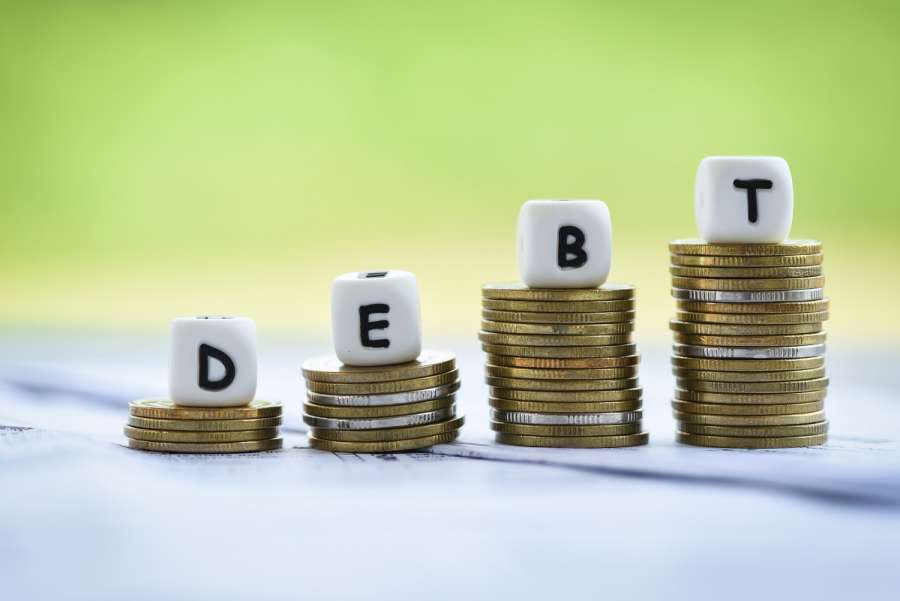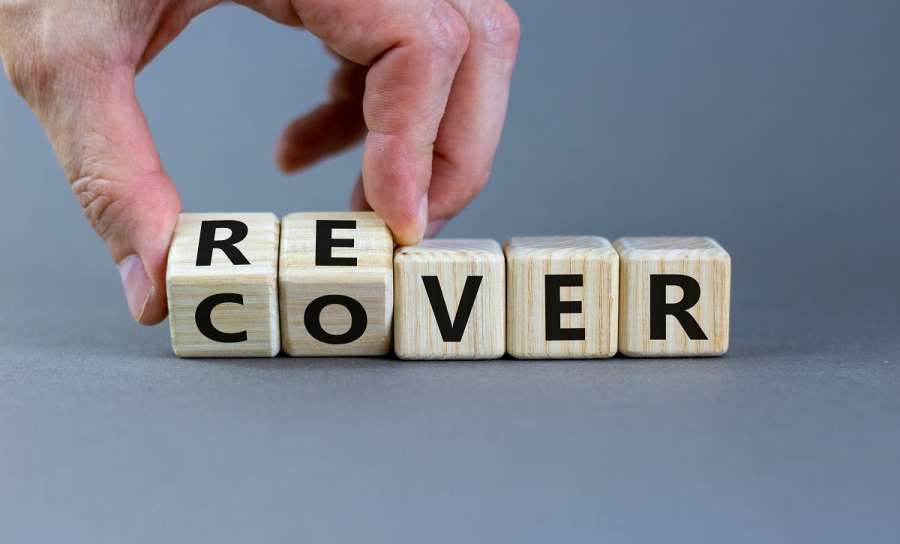What is a default judgment, and when can it be entered?
A default judgment is where the court issues a judgment against a defendant without the merits of the claim being heard and without the defendant having responded to the claim.
A claimant can apply for a default judgment when the defendant fails to file an acknowledgement of service or when an acknowledgement of service has been filed, but the defendant then fails to file a defence.
Once a default judgment has been obtained, the claimant can use various enforcement actions to recover the judgment sum or business debt from the defendant.
For example, the claimant can instruct bailiffs to seize goods up to the value of the judgment debt, serve a statutory demand as a pre-cursor to commencing winding up or bankruptcy proceedings or obtain a charging order over any property that the defendant owns.








